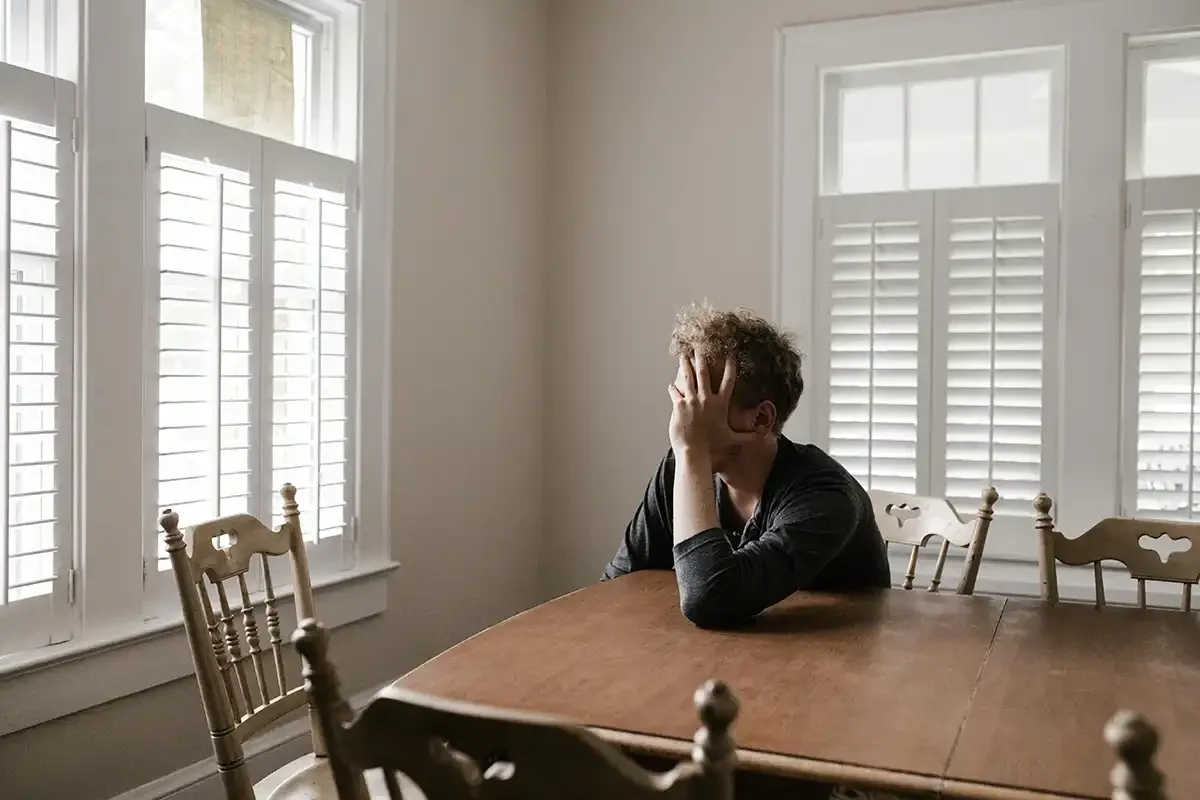A Caregiver’s Sinking Ship
When illness strikes a caregiver, it can devastate like a hurricane making landfall. The mental fog and physical weakness wash away your foundations, toppling even those who seemed unshakable. Unless you learn to measure your strength and accept your limitations, you risk complete collapse—the kind that lands you in a hospital bed instead of standing beside one.
Caring for both my parents, who had dementia-related diseases, I learned that honoring this obligation can leave you exhausted. Anyone who doesn’t realize this hasn’t a clue how much self-discipline is involved in caregiving. These are just a few examples:
• Vastly limited social life
• Little or no private time
• Giving up your favorite hobbies
• Unable to attend church services
The list goes on and on.
Stress silently corrodes your body from within, a fact medical research confirms with grim certainty. Each sleepless night and skipped meal weakens your hull. When you collapse—and you will if you don't safeguard yourself—the vulnerable person in your care goes down with you. As primary caregiver, you must cultivate resilience without expecting perfection. Your strength lies not in being invulnerable, but in recognizing when you're taking on water.
Never neglect your own medical appointments. Once, I let twenty-three months pass between checkups—a dangerous gamble when someone depends on you. Strange as it sounds, these appointments became my refuge. Sitting alone in the sterile quiet of an examination room, clipboard in hand, I found myself savoring those stolen moments of solitude that caregiving so rarely permits.
Find solace in physical activity—thirty minutes daily can be your salvation. The repetitive motion of driving my lawnmower became my meditation, the engine's drone drowning out worry. I'd circle past the kitchen window obsessively, each pass allowing me to glimpse Dad still safely dealing cards at the table. Years of this ritual left the grass beneath that window cropped impossibly short, like some manicured cemetery plot—a testament to vigilance disguised as lawn care.
When separation isn't possible, wheel your loved one's chair into a patch of dappled shade while you work nearby. Consider, too, the sanctuary a gym membership might offer—not just for strengthening your body, but for those fleeting conversations with others who exist outside your caregiving orbit.
Sleep becomes a luxury measured in minutes rather than hours when caring for someone with dementia. I developed a vigilant half-consciousness—not quite awake, never fully asleep—attuned to the smallest sounds: bedsheets rustling, floorboards creaking, the bathroom light clicking on. My body might have been horizontal, but my senses remained on perpetual guard duty, ready to snap to attention at 3 AM when Dad would wander into the kitchen convinced it was time for breakfast.
During my years as Dad's caregiver, sleep fractured into vigilant fragments—a series of catnaps punctuated by straining ears and racing thoughts. Every creak might herald disaster: Dad at the stove with forgotten burners, or wandering out the front door in pajamas or worse. This hypervigilance rewired my nervous system. Even eleven months after his funeral, I'd still bolt awake at phantom sounds, my body curved around the absence where worry used to live, my mind patrolling empty hallways out of habit.
Sleep becomes as vital as oxygen when you're a caregiver, yet remains frustratingly elusive. Your body, already taxed by the emotional marathon of caregiving, demands restoration you cannot provide. The first weeks of sleep deprivation might leave you merely foggy and short-tempered, but months stretch into a darker territory. I watched my reflection transform—hollowed eyes above newly rounded cheeks, tears springing from nothing, hands that trembled when reaching for medication bottles. My doctor called these the warning flares of a system in collapse.
As your loved one's condition deteriorates, sleep becomes a distant memory. Exhaustion accumulates like sediment, clouding your vision until familiar rooms blur at their edges. Your temples throb with a dull persistence, while your shoulders and lower back transform into landscapes of pain that no amount of stretching seems to map.
Exhaustion breeds errors—errors a caregiver cannot afford. One morning, I found myself pouring orange juice into Dad's medication cup instead of water, my vision blurring from three nights of interrupted sleep.
Remember this: you're the vehicle that carries another's life. When my body finally surrendered—collapsing in the kitchen while making Dad's breakfast—we both ended up in separate emergency rooms. The paramedic who lifted me onto the stretcher whispered, "Should've called us sooner."
Gary Joseph LeBlanc, Director of Education

